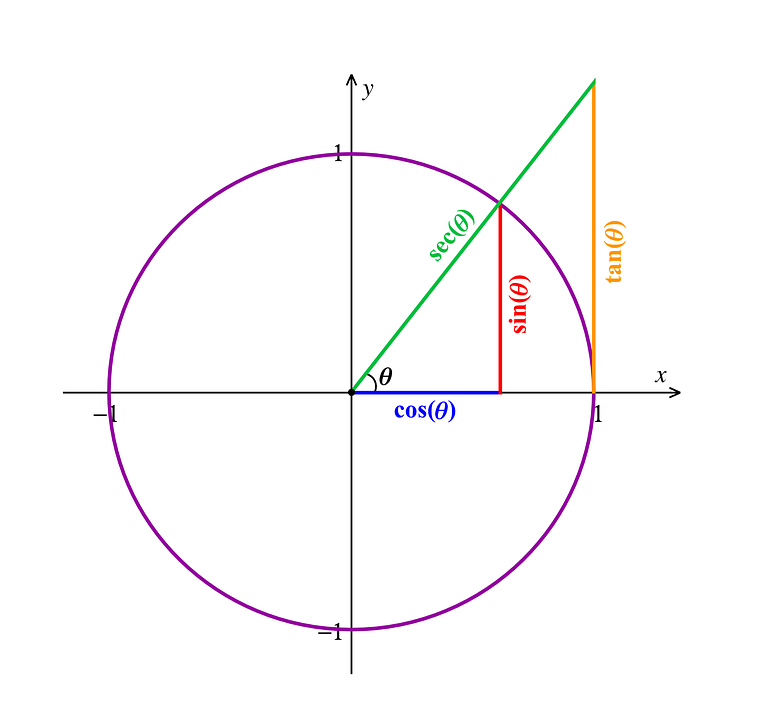Can socrative detect cheating? This is a great question and one that every teacher who uses socrative asks themselves. Our answer for you — yes! Cheating students can be detected on socrative by the teachers. But let’s be clear, most students do not cheat.
We analyze some common tricks students can use to cheat on the platform.
What Is Socrative?
Socrative is a web-based student response system that allows students to answer questions via the web, a smartphone, or a tablet. The platform allows teachers to create their quizzes or use quizzes created by other educators. It also provides teachers with real-time reports about student performance and understanding.
Moreover, Socrative is used as an assessment tool in classrooms. Quizzes are usually multiple-choice and are completed using computers or mobile devices with internet access. Teachers can choose from several quiz types, including exit tickets and traditional quizzes. Teachers can also create quizzes on the fly. Thus, it means that Socrative can be used for formative assessment within the classroom.
Does Socrative Detect Cheating?
The answer is Yes! Socrative can detect cheating if a student texts another student the answers during an exam or test. They can also share their passwords with their friends to log in to their accounts.
Socrative will only identify cheating that happens when a teacher monitors test-taking and has an idea of what is going on. While students can share answers via text, Facebook, Twitter, and other social media, they cannot do it through Socrative.
There are ways to cheat students doing written exams in a class by using notes. When students are determined to do this and use technology for help, cheating on exams will always be a concern.
Can Socrative Track Students?
‘Does socrative track your activity?’ You might ask. The app does not track anything outside of the Socrative app itself. However, it records student activity within the app.
This includes:
- Student logins and passwords
- Questions completed in quizzes
- Student gave responses during quizzes (including questions that are left blank and students who submitted a blank response)
- Votes made in space races by each student
- Attempts at matching questions, and whether or not they were successful (this does not record what was matched with what)
- Submissions made to exit tickets, short answer questions, and open-ended responses
Can Teachers Tell if You Cheat On an Online Test?
Yes! Teachers constantly catch students cheating on online tests and in-class essays and exams. How do they catch them? They use a plagiarism detection tool or algorithm to check websites, databases, journals, books, and other resources for possible instances of cheating. The technology works like this:
The teacher uploads the student’s exam, essay, or assignment to the software. Afterward, the software checks for any content matches against its extensive database.
It also checks for content matches against publicly available websites, academic journals, and other sources. Finally, it checks for content matches against similar papers submitted previously by other students.
How to Get Answers on Socrative -Common Tricks for a Socrative Student
Can you get caught cheating on an online exam? Here are some simple tricks that students use to get socrative test answers on the platform:
Have a Friend Take the Test
A common way students try to cheat on Socrative is by having a friend take the test for them. The problem is, Socrative has an IP check that only allows one device per student to be logged in at a time. However, this doesn’t stop students from logging in multiple times and having their friends take tests for them.
Multiple Devices
Students bring their laptops or tablets (or even smartphones) to class to click on the same question simultaneously. By using multiple devices, students can effectively Google their answers.
Laptop Bags
Students have been known to hide their laptops in laptop bags or purses so teachers can’t see what is going on. Some even hide them underneath their desks!
Screen Sharing
Students will sometimes connect their computers via HDMI cable since they can share screens during quizzes. If a teacher only monitors one screen, it’s hard for them to keep tabs on other students.
Sharing the Quiz ID
Sharing the Quiz ID with other students, who can then log in to the quiz and get answers. This is where it helps not to have a visible Quiz ID.
Sharing Password
Sharing the password with other students. In this case, students will have to be careful about getting caught by the teacher for cheating.
Google Assistant or Siri
Using Google socrative student Assistant or Siri to find answers online during quizzes. The trick here is to either block access to Google Assistant or turn off all internet access during a test.
Open Web Browser
Keeping an open web browser window throughout the quiz and searching for answers using it. This is also tricky since it requires the student's caution so they don’t get caught by the teacher while cheating on their quiz.
Can Teachers See What You Do on Socrative?
No! Socrative is a web-based application, so it cannot see what is happening on your screen or monitor the apps on your computer in any way.
This means that students can use their devices to cheat using applications like Notability, Google Docs, Studyblue, etc.
The only way to combat cheating with Socrative is to ask questions that you cannot easily find online. For example, you could ask open-ended questions about an article you read in class or about the information you presented in class. In these cases, it would be difficult for students to find the answers online without attending class.
Final Takeaway
The impact of technology on the level of cheating is positive. It brings us closer to and helps us deliver a unique experience for the students, teachers, and parents. Socrative is the first step towards the tech-infused classroom of the future. Do you have an ongoing assignment with your instructor? Reach out to Acemyhomework for professional assignment writing assistance.






